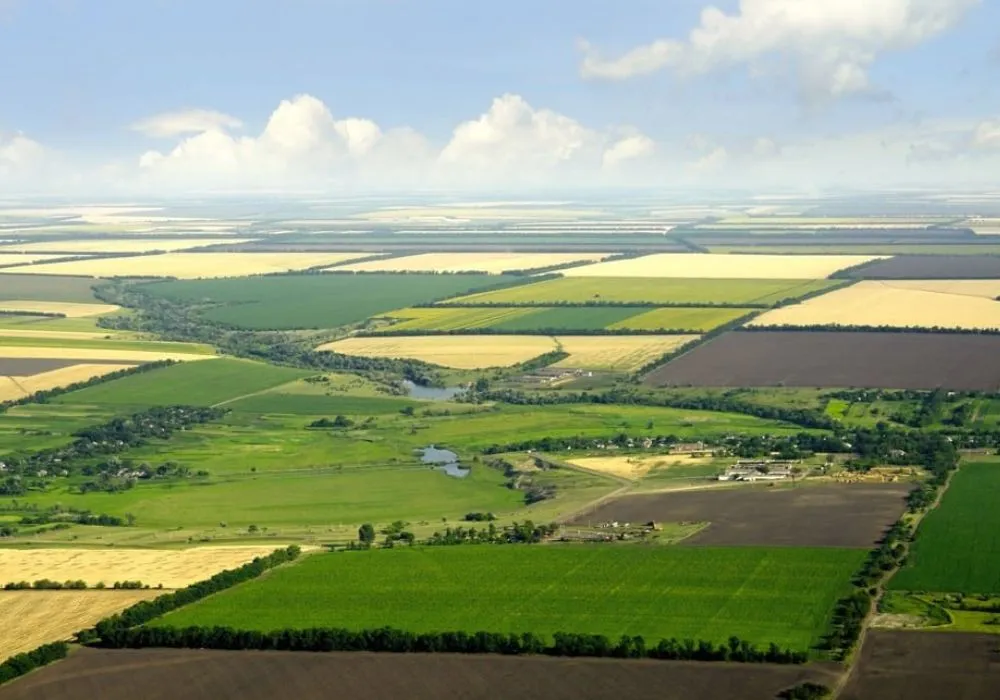Buying farmland can be a smart move, but it’s important to know what you’re paying for. But how much does an acre of farmland cost? Farmland prices can change a lot depending on where the land is, how it’s used, and what it offers. In this guide, you will find everything you need. So, keep on let's just jump right in!
What Is the Current Cost of an Acre of Farmland in Canada?
The prices in Canada can be different depending on the area. In 2024, the national average price of farmland rose again, following the trend from the last 10 years. According to the Farm Credit Canada (FCC) 2024 Farmland Values Report, prices are high. Parts of Ontario and British Columbia are the highest. And lowest in some parts of Saskatchewan and Manitoba. Here are the average prices per acre:
Ontario (Southern cash crop areas): $17,000–$27,000
British Columbia (Fraser Valley and Okanagan): $15,000–$25,000
Alberta: $3,800–$6,500
Manitoba: $2,000–$4,000
Saskatchewan: $1,800–$3,200
Nova Scotia & New Brunswick: $2,500–$5,000

What Affects the Cost of Farmland?
A lot of things can affect the cost. Here, take a look at the factors:
Soil Quality: Good soil that drains well and grows crops better will cost more. Class 1 is the best, and class 6 or 7 might not be good for crops.
Water Access: Land with wells, rivers, or irrigation systems will cost more. Water is very important for growing food.
Location: The land close to cities or highways will cost more. These lands are easier to reach and have development potential.
Size and Shape: Bigger parcels might cost less per acre. Odd-shaped land is harder to farm, so it’s worth less.
Buildings and Services: Land with barns, fencing, power, or even a house can add value.
Zoning and Rules: If the land can be changed into housing or has future development value, the price will go up.

Farmland by Use: Average Cost of Farmland per Acre Differences by Purpose
Different land is used for different types of farming. Some people grow crops, others raise animals, and some want a mix. Here’s how land use affects cost:
Is Farmland Still a Good Investment?
Yes, it is still a good long-term investment. Here’s why:
Land keeps its value: Even in slow markets, good farmland will hold its price. Over the past 10 years, land value in Canada has mostly gone up.
Rental income: If you don't farm yourself, you can rent your land to local farmers.
Inflation protection: When prices of goods go up, farmland value normally goes up too.
Growing food demand: As the population is growing, so is the demand for food. And having farmland can help you make a profit.

Questions to Ask Before You Buy Farmland
Before you buy the land, make sure you get all the answers to these questions. And if you hire professionals like Darren & Tyler Sander, then they will do this work for you. But for now, note down these questions:
What is the soil class and type?
Is there clean water on the land?
What has the land been used for before?
Are there any old chemicals or damage to the soil?
Is the land zoned for farming, or can it be changed?
Are there any limits from the local town or province?
Is power or road access nearby?
What does the seller know about the land’s history?
Conclusion
How much does an acre of farmland cost? If you plan to farm, invest, or live on rural land, take the time to learn before you buy. Check the soil, ask questions, and look at the rules. If you are still not sure, then take help from the professionals.

